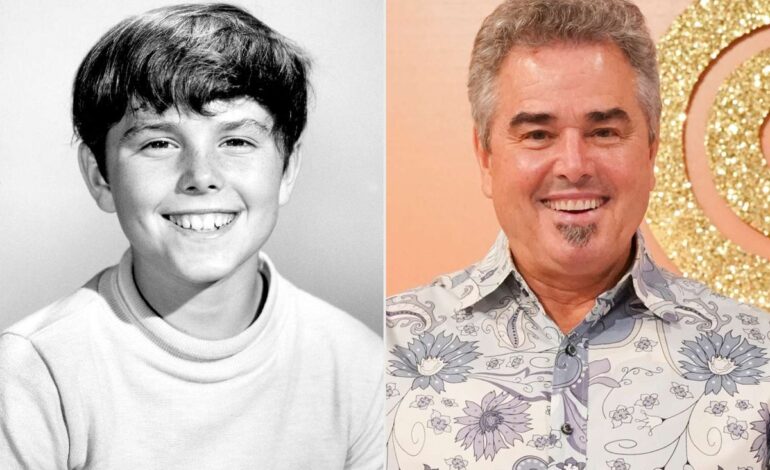Brady Bunch Betrayal: Christopher Knight Exposes the Dark Side of Sitcom Sibling Dynamics

Some family sitcoms are less “happily ever after” and more “passive-aggressive therapy session waiting to happen.” Christopher Knight, forever known as Peter Brady, just dropped a truth bomb that’ll make your perfectly staged family photo curl at the edges.
In a moment of brutal Hollywood honesty, Knight has decided to pull back the Brady family curtain and reveal the uncomfortable reality behind those matching plaid outfits and synchronized family harmony. The actor pulled no punches when discussing how “The Brady Bunch” monumentally botched the representation of step-sibling relationships, essentially turning complex family dynamics into a sanitized sitcom joke.
Knight’s critique cuts deeper than Greg’s attempt at teenage coolness. He suggests the show fundamentally misrepresented the nuanced emotional landscape of blended families, reducing step-siblings to convenient plot devices rather than complex human beings navigating challenging emotional terrain. It’s like watching a family therapy session choreographed by a committee of network executives who’ve never actually met a real family.
The irony isn’t lost on anyone who grew up believing the Brady household was some utopian model of familial perfection. Knight essentially just admitted what viewers have secretly suspected: behind those perfectly pressed shirts and meticulously coiffed hairstyles was a narrative that glossed over genuine emotional complexity faster than Alice could whip up a meatloaf.
By calling out how the show “really failed us,” Knight isn’t just critiquing a television trope—he’s dismantling a cultural mythology. The Brady Bunch wasn’t just a sitcom; it was a carefully constructed fantasy that sold America a simplified version of family dynamics that bore about as much resemblance to reality as a unicorn does to a horse.
What’s most delicious about Knight’s revelation is its timing. Decades after the show’s final episode, he’s still processing the emotional aftermath of being part of a cultural phenomenon that prioritized laugh tracks over genuine emotional representation. It’s like watching someone finally unpack decades of sitcom-induced family therapy in real-time.
Well, there you have it: another pristine Hollywood illusion shattered, one step-sibling stereotype at a time. Who said nostalgia was a comfortable blanket? Sometimes, it’s more like an itchy sweater your well-meaning aunt knitted—technically functional, but profoundly uncomfortable.
Sources: Celebrity Storm and – New York Post
– Entertainment Weekly
– People Magazine
Attribution: Creative Commons Licensed




